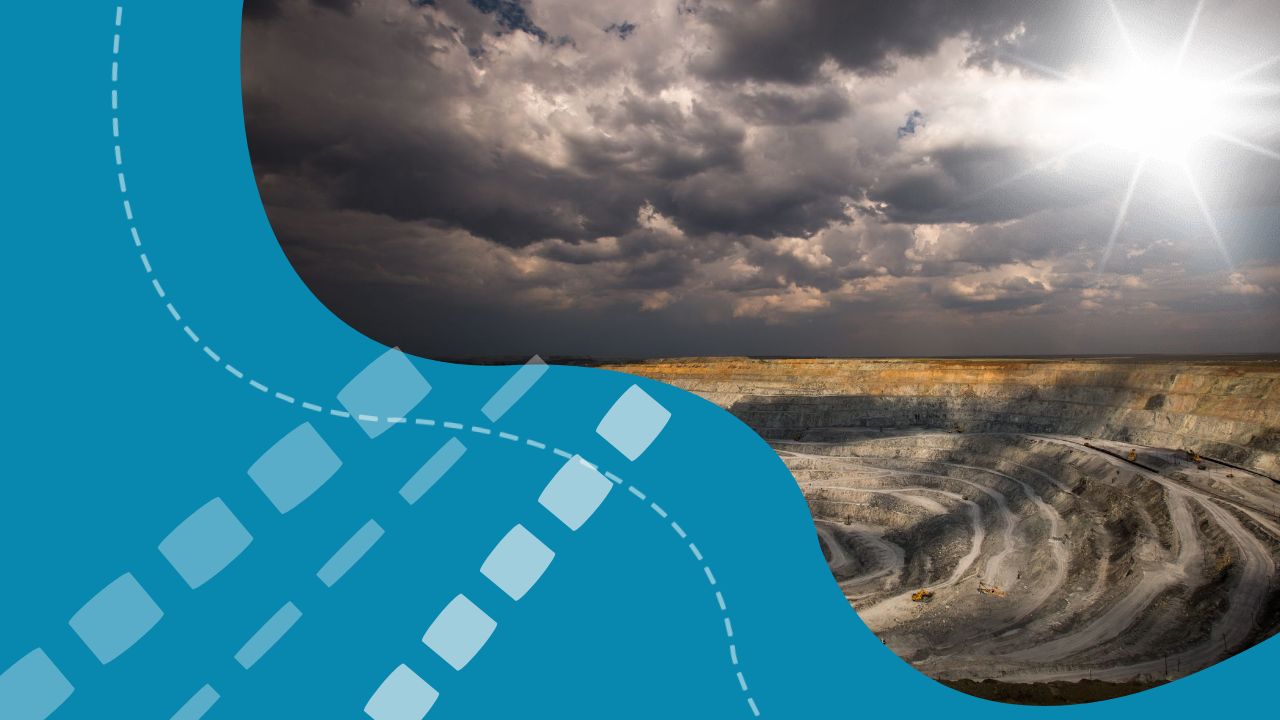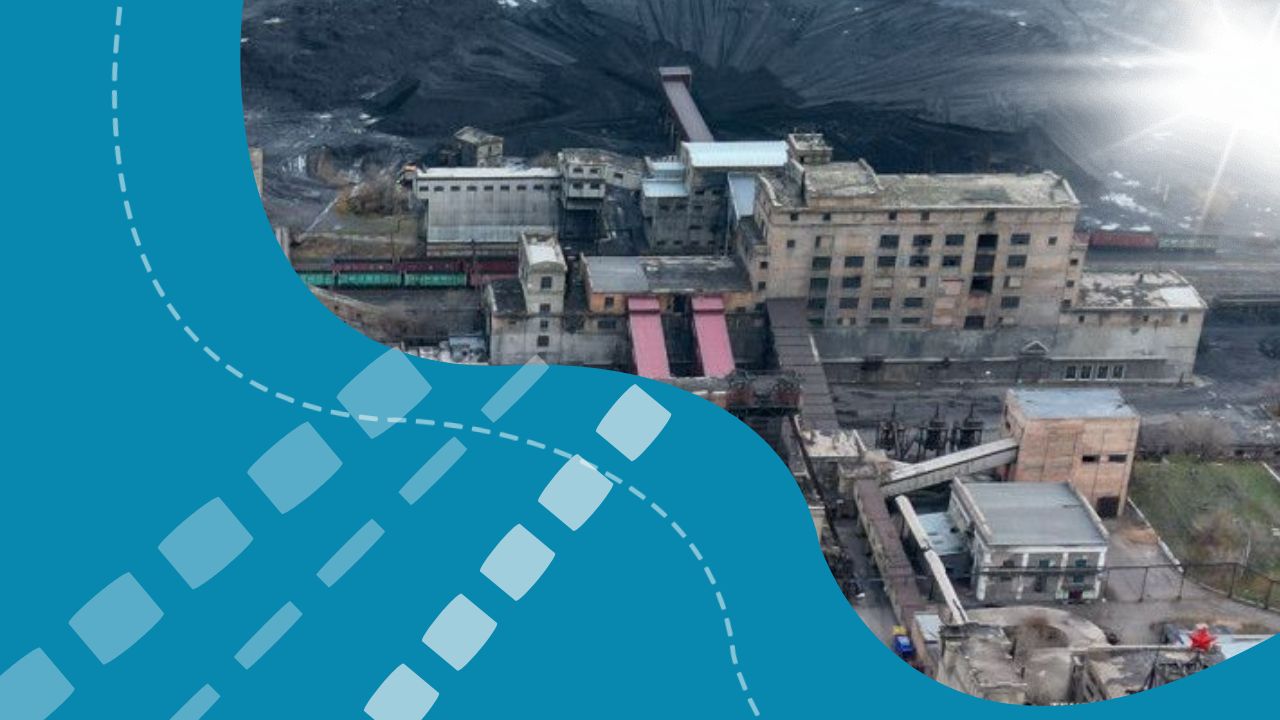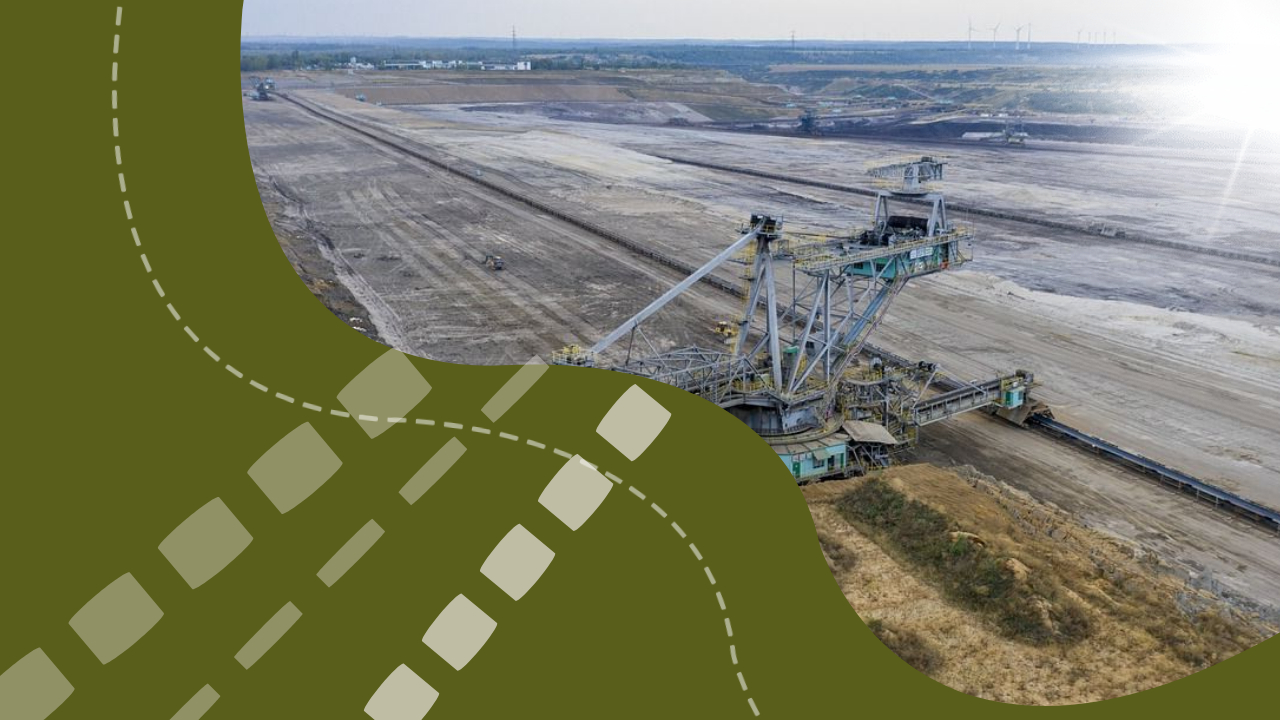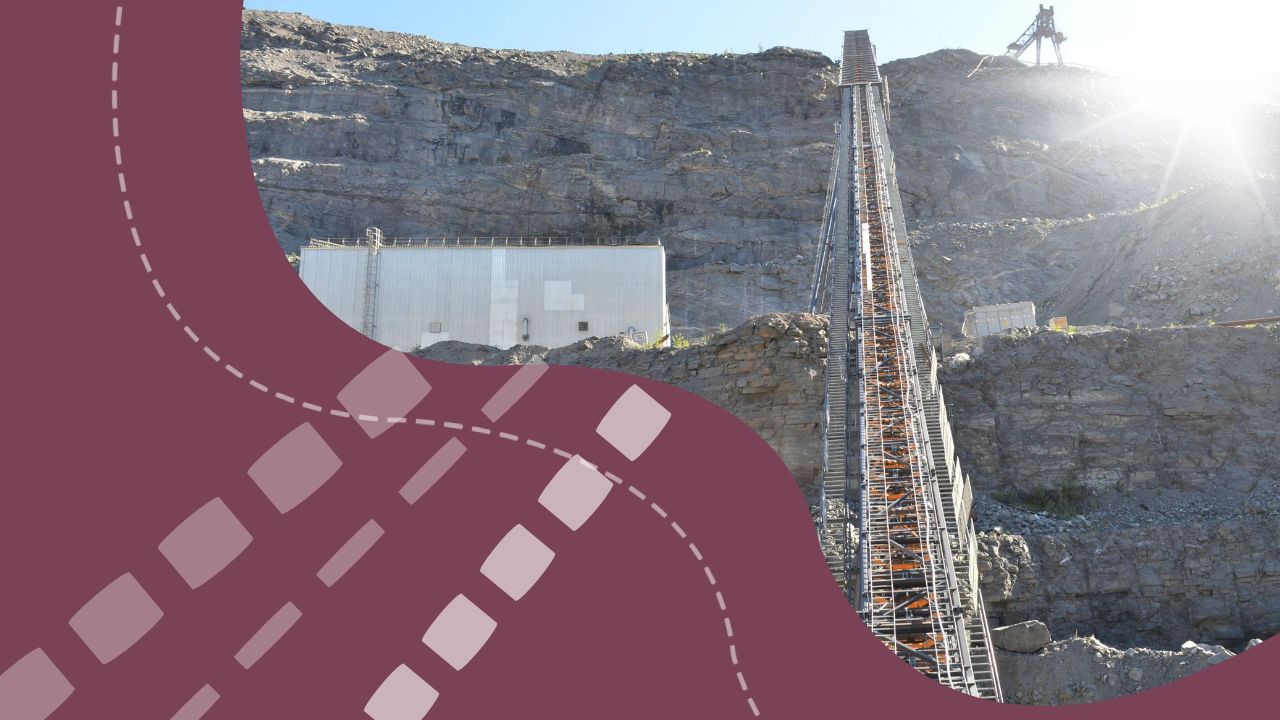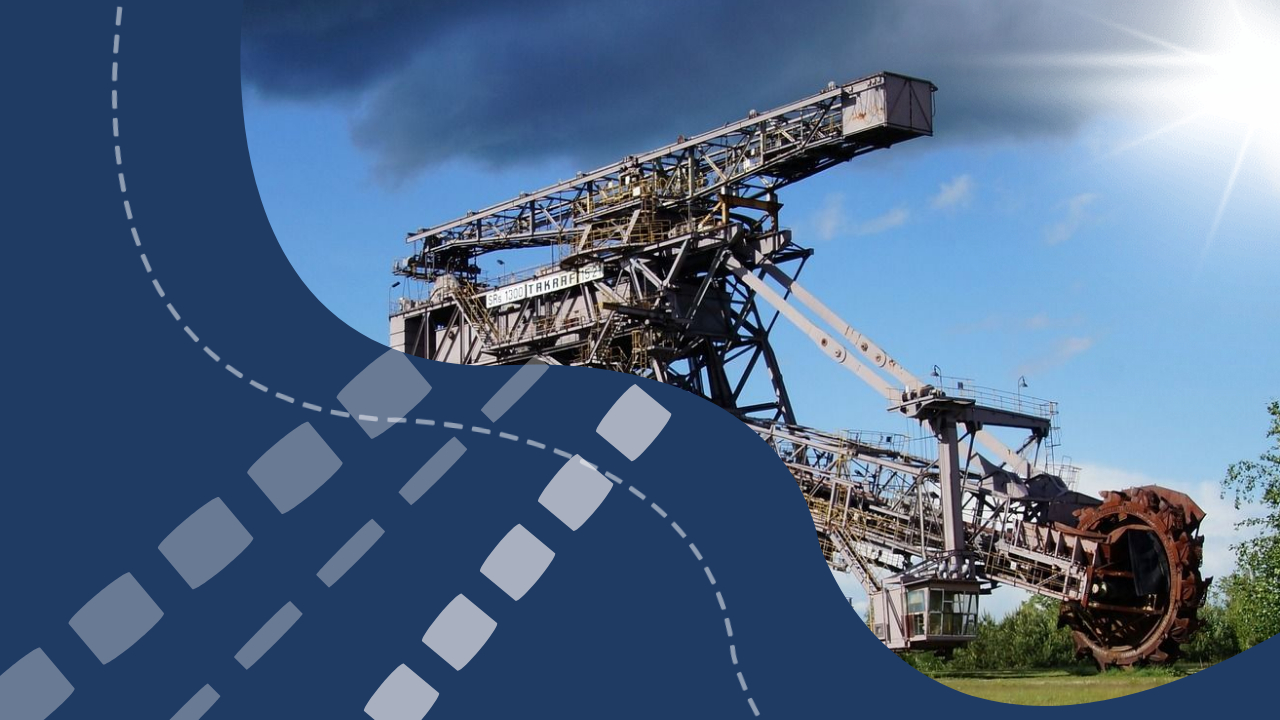Shares of Kazatomprom fell by 6.64% at the end of trading in London, likely due to a delayed response to the ban on Russian uranium supplies to the United States. Bizmedia.kz reports this .
In addition, according to market participants, the drop is due to the fact that Kazatomprom was included on December 15 in the Sprott Junior Uranium Miners ETF. Initially, its weight in the index was 10.8%, and in response to increased demand, the company’s shares rose in price.
However, Sprott Junior Uranium Miners and Nasdaq soon announced that the revision of the index composition was carried out with errors. Details are not specified.
The Kazakh company has close production ties with Russia. Especially in 2022, when Russian companies received the right to develop the largest uranium deposit in the world in the Turkestan region.
This happened after the acquisition of shares in the Stepnogorsk Mining and Chemical Combine from Russian billionaire Vasily Anisimov and Kazakh entrepreneur Yakov Klebanov (son of billionaire Alexander Klebanov).


